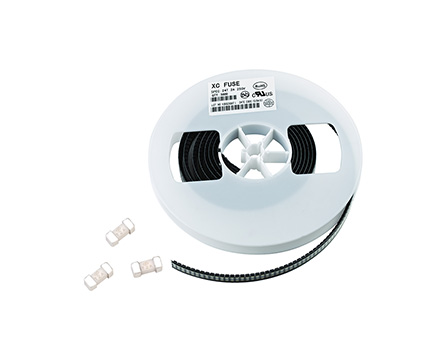
The resistance value of the fuse resistor is relatively small, generally ranging from 0.33 Ω to 10K Ω, and the power is also small.
Attachment 1: Differences between current fuses and wire wound fuse resistors
1. The current fuse does not consume energy, generate heat, or melt, and the latter will not melt when the resistance value is selected higher.
2. The current fuse is short and cannot be adjusted, and the resistance value is not optional. The latter has an adjustable fuse length and resistance value.
3. The use of current fuses should be coordinated with NTC, which can be used separately.
4. The current fuse does not absorb abnormal surges and lightning surges, while the latter can absorb and have strong resistance to lightning surges and abnormal surges.
Read recommendations:
glow plug fuse price.Self recovery fuse selection
Lighting circuit of temperature controlled fuse.car ac fuse blown symptoms